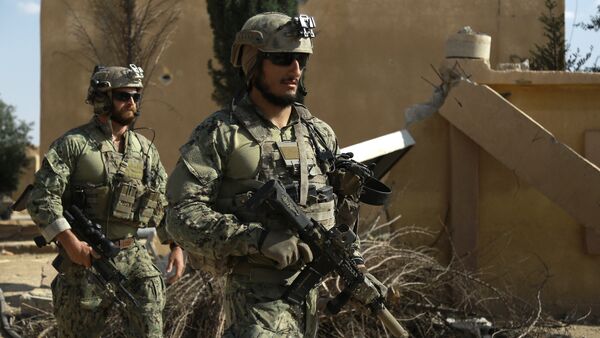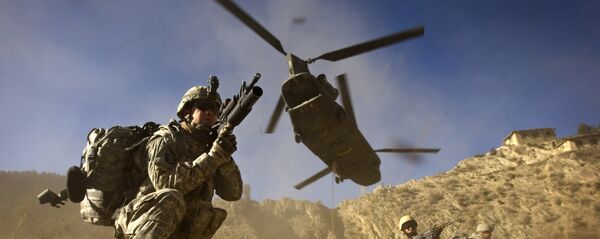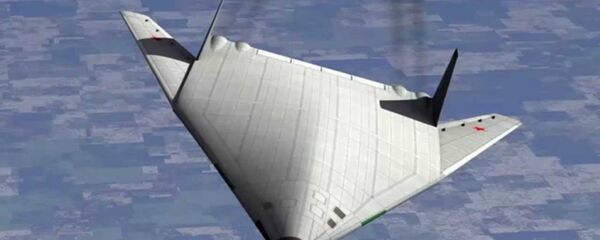In early May, Raymond Thomas, commander of US Special Operations Command (SOCOM), told the Senate Armed Services Committee that the country's special forces were being pushed too hard and spread too thin, unable to keep up with the breakneck pace at which Washington has deployed its special forces. The troops, Thomas said, were psychologically exhausted after decades of continuous wars, leading to problems including high suicide rates.
The Army general said that over 8,000 spec ops troops are presently deployed in over 80 countries across the globe, serving at the frontlines of the fighting. "We are not a panacea," Thomas said. "We are not the ultimate solution to every problem, and you will not hear that coming from us," he added.
Ben Chitty, senior project manager for biomedical, human performance and canine portfolios at SOCOM's Science & Technology office, told Defense News that commanders are particularly interested in improving physical performance in environments that have a harsh impact on the human body – including high altitudes and underwater, without access to food or water for extended periods.
Asked for comment, Igor Korotchenko, editor-in-chief of National Defense, a popular Russian military affairs magazine, said that SOCOM's scientists were chasing an illusory goal.
"The idea that the Pentagon can transform its soldiers into some kind of cyborgs by pumping them up with drugs and bio-stimulants is an illusory expectation," the expert explained, speaking to Radio Sputnik. "Yes, there are drugs out there that allow a person to stay awake for several days straight. But this is a short-term effect, followed by a long pause to restore a person's normal physiological capabilities," he added.
Korotchenko recalled that the US military has spent a great deal of time and considerable resources looking for ways to improve their special forces' fighting capabilities.
Ultimately, Korotchenko stressed that new technology, not drugs and stimulants, are the best way to increase an army's combat effectiveness.
"A significant increase in combat capabilities is provided by technology, night vision optics, satellite communications, tactical battlefield comms systems, and so on. It's possible to increase combat efficiency by creating new means of transport, communications, battlefield observation tools, and by equipment improving survival rates."
For his part, Dr. Michael Robillard, a postdoctoral researcher at Oxford University's Uehrio Center for Practical Ethics, told Sputnik that practical military considerations aside, the idea of human enhancement for use in war also raises serious ethical questions. Read more about that here.



